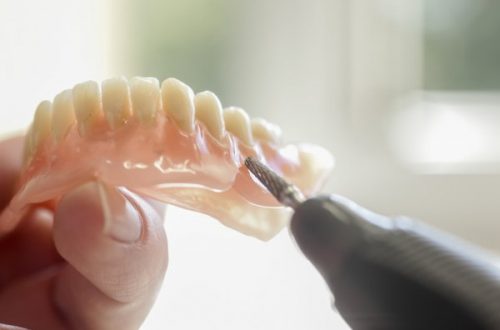Finding Calmness with ADHD Supplements for Anxiety Reduction
Living with Attention Deficit Hyperactivity Disorder ADHD can be a daily challenge, with symptoms like impulsivity, inattention, and hyperactivity often taking a toll on one’s mental and emotional well-being. Among the many challenges faced by individuals with ADHD, anxiety is a common companion. Fortunately, there is growing interest in using supplements to help reduce anxiety in people with ADHD. Anxiety and ADHD often go hand in hand. The constant whirlwind of thoughts, racing mind, and difficulty in maintaining focus can lead to heightened anxiety levels. For some individuals with ADHD, anxiety can become overwhelming, affecting their daily lives and overall quality of life. One approach to managing anxiety in people with ADHD is to explore supplements. While they should not replace prescribed medications or therapy, certain supplements have shown promise in reducing anxiety and improving overall well-being.

Omega-3 Fatty Acids: Omega-3 fatty acids, found in fish oil and flaxseed oil, have been studied for their potential benefits in managing ADHD symptoms and reducing anxiety. These essential fatty acids play a crucial role in brain health and may help regulate mood and emotions.
Magnesium: Magnesium is known for its calming effects on the nervous system. People with ADHD may have lower magnesium levels, which can contribute to anxiety. Supplementing with magnesium may help alleviate anxiety and improve focus.
L-Theanine: L-Theanine is an amino acid found in tea leaves, particularly green tea. It has a relaxing effect on the mind without causing drowsiness. L-Theanine may help reduce anxiety and promote a sense of calm in individuals with supplements for adhd.
GABA Gamma-Amino butyric Acid: GABA is a neurotransmitter that plays a key role in regulating anxiety and stress. Some ADHD supplements contain GABA to help calm the nervous system and reduce anxiety symptoms.
Zinc: Zinc is a mineral that supports cognitive function and may help reduce hyperactivity and impulsivity in individuals with ADHD. While not a direct anxiety-reduction supplement, improving overall ADHD symptoms can indirectly alleviate anxiety.
It is important to note that the effectiveness of these supplements can vary from person to person. Before adding any supplements to your routine, consult with a healthcare professional, preferably one experienced in ADHD management. They can assess your specific needs, potential deficiencies, and recommend the appropriate supplements and dosages. In addition to supplements, managing anxiety in ADHD often involves adopting healthy lifestyle habits. Regular exercise, a balanced diet, sufficient sleep, and stress-reduction techniques like mindfulness and meditation can complement supplement use and provide a more comprehensive approach to anxiety reduction. In conclusion, finding calmness with ADHD supplements for anxiety reduction is a promising avenue for individuals seeking relief from the daily challenges of living with ADHD. However, supplements should be used as part of a holistic treatment plan that includes professional guidance, lifestyle modifications, and, if necessary, prescription medications. By taking a comprehensive approach to ADHD management, individuals can work towards a happier, more balanced life with reduced anxiety and improved well-being.


